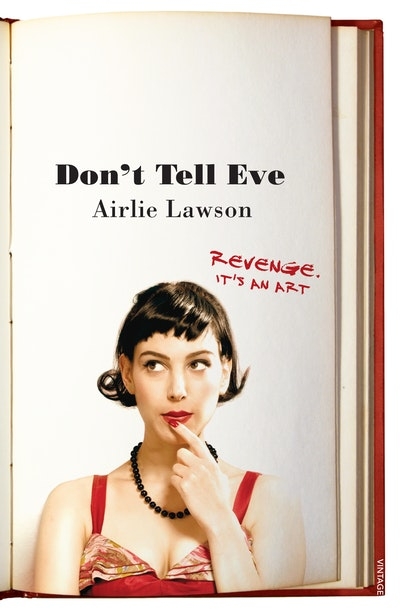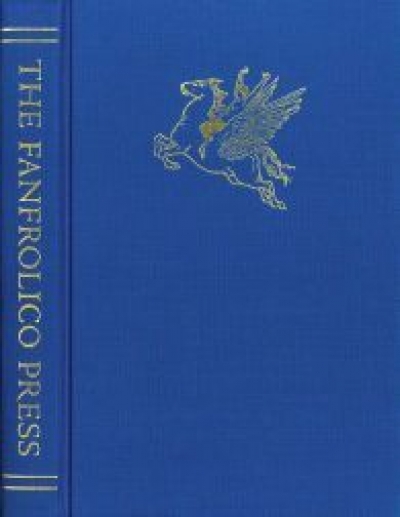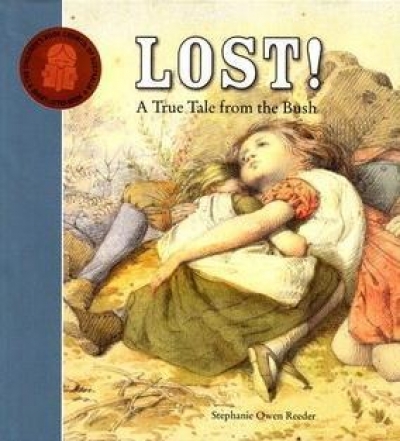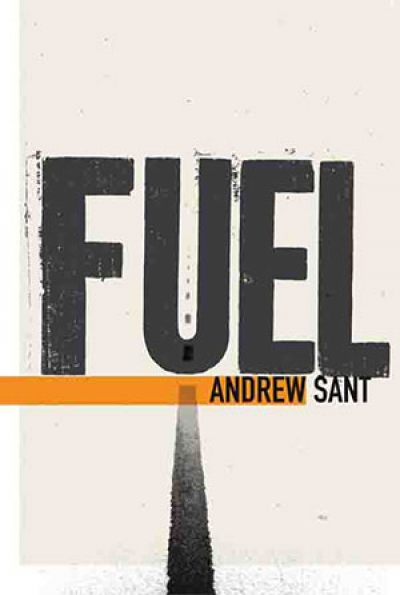Archive
The Fanfrolico Press: Satyrs, Fauns & Fine Books by John Arnold
Reading the leaves
ABR readers, it is now abundantly clear, are great democrats and colossal readers. You love to vote, and you read like clairvoyants. We have been inundated with votes in the ABR FAN Poll – hundreds of them most days. With two weeks to go before voting closes (December 15), some clear favourites are emerging. Below we list twenty of them, in alphabetical order:
... (read more)Patrick Allington
Of 2009’s emerging Australian novelists (such a silly term: emerging from what?) Craig Silvey’s second novel, Jasper Jones (Allen & Unwin), stands out. A dark and funny morality tale set in a 1960s Western Australian mining town, it ruminates on death, secrets, racism, dodgy parenting and adolescence. For anybody who once dreamed of sporting greatness, the cricket match is pure joy.
... (read more)Lost! by Stephanie Owen Reeder & 60 Classic Australian Poems edited by Christopher Cheng
Patterned play
Dear Editor,
Reviewing my On the Origin of Stories: Evolution, Cognition, and Fiction in ABR, Lisa Gorton writes, ‘Boyd shows a troubling lack of interest in the female of the human species’ (October 2009).
... (read more)It continued snowing.
The furniture hadn’t drifted away in a removal van.
We kept Sam. We didn’t catch a taxi
to Heathrow. The hi-fi kept going.
We didn’t fly twelve thousand miles.
We stayed at home.
This is the dangerous time, sky clouding:
lifesavers on the alert, intermittently moving the flags,
shoals of swimmers still keening the fray.
A pause for thought and you lay down your pen,
Then have the inspiration to look up.
At first you’re scarcely able
To lift your focus past the coffee cup,
The paper-cluttered table.
But then the window gathers you again




